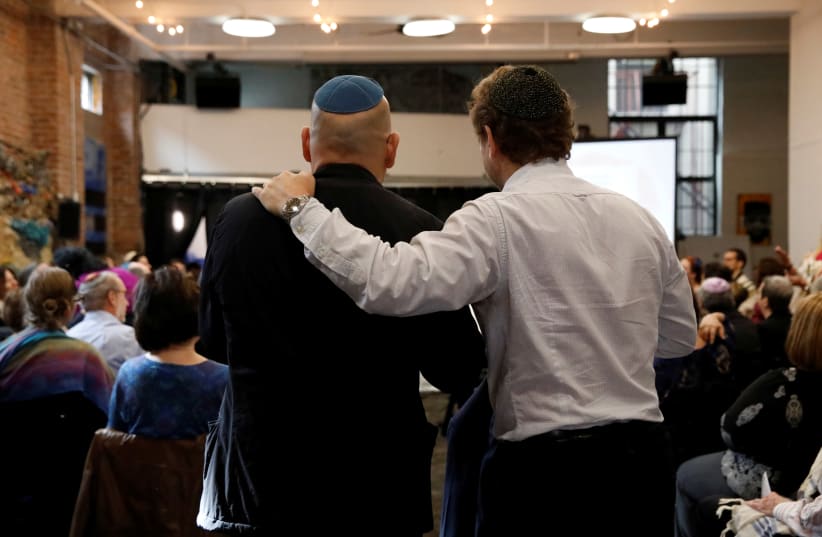First Person: After Pittsburgh, prayer as an act of defiance
As I walked into the foyer of the synagogue on Saturday morning, I was greeted by a posterboard bearing the names and faces of the 11 innocent Jewish souls murdered last week in Pittsburgh.
